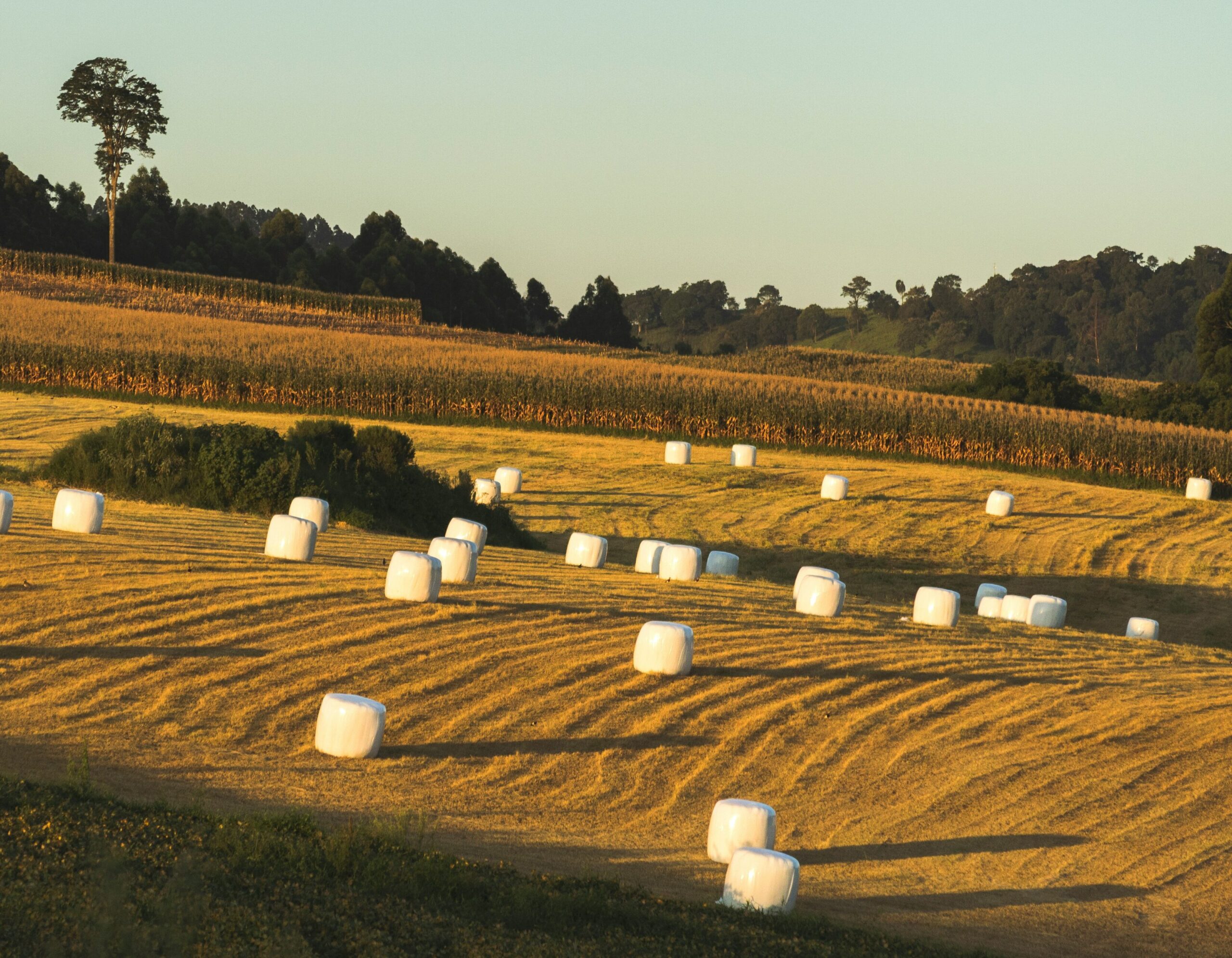To celebrate the start of Creationtide (1 September–4 October) Martyn Payne ‘considers the flowers of the field’.
1 September 2024
God’s message of hope from the margins of creation
‘Consider how the wild flowers grow.’
Luke 12:27
This summer I enjoyed making use of an app on my phone. It helped me identify the wild flowers that were growing in abundance along the hedgerows and in the meadows where we went walking. After taking a photograph, a few touches of the screen and the wonder of the Internet, a potential match and name for the flower appears. But guess what? Ruth, who was walking with me, had already identified it! It was nevertheless good to have it confirmed for one who year-on-year struggles to remember these flowers’ common but highly descriptive names.
Bird’s foot trefoil, traveller’s joy, periwinkle, foxglove, ragged robin, meadow sweet, lady’s bedstraw and buttercup. The list goes on and on, and it was always a delight to find a new species on our walks and, sometimes, one that even my app struggled to name. Thankfully there are still some mysteries in life.
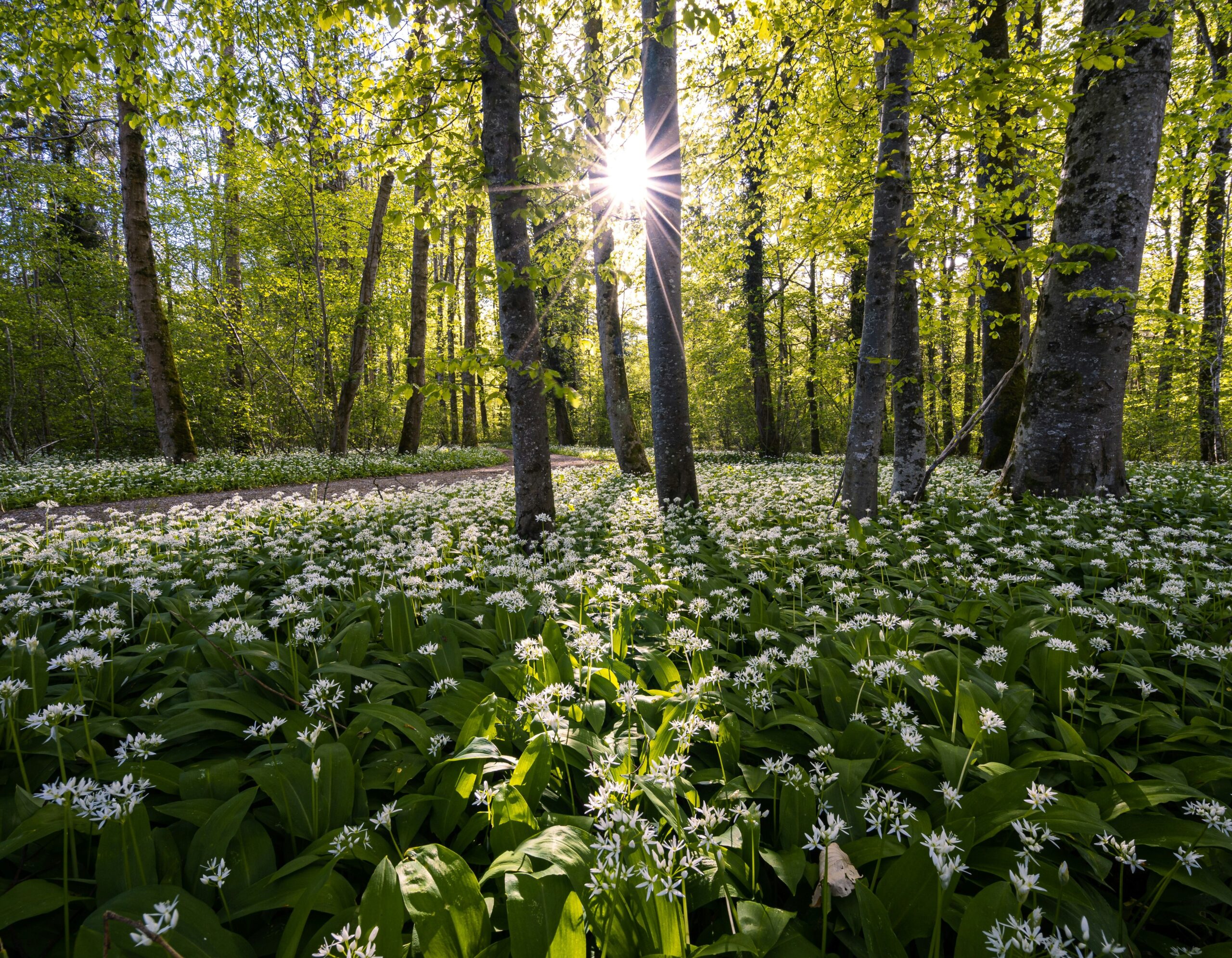
It was a delight to find a species that even my app struggled to name. Thankfully there are still some mysteries in life.
Untamed and untouched
There is something very special about enjoying God’s creation that is untamed and untouched by human hand. No wonder Jesus urged us to ‘consider the wild flowers’ when he was teaching the crowds about his Father’s love and care for each one of us. The uncultivated and unexpected appearance of wild flowers on the land, which has nothing to do with our hard work, planning and attention, reminds us that God is the one who gives the growth and that God’s capacity for producing variety and beauty is endless. I wonder what your favourite wild flower is and what message from God it has for you?
The existence of wild flowers can also be a great comfort, especially now that our weather patterns and traditional seasons seem less predictable. Who doesn’t delight to see the appearance of the first wild snowdrops as a sign that winter is passing? Who hasn’t smiled on seeing the first primroses of spring? And who doesn’t eagerly anticipate walking among carpets of bluebells in the local woods? The visionary poet William Blake wrote:
‘To see a world in a grain of sand and a heaven in a wild flower, hold Infinity in the palm of your hand and eternity in an hour.’
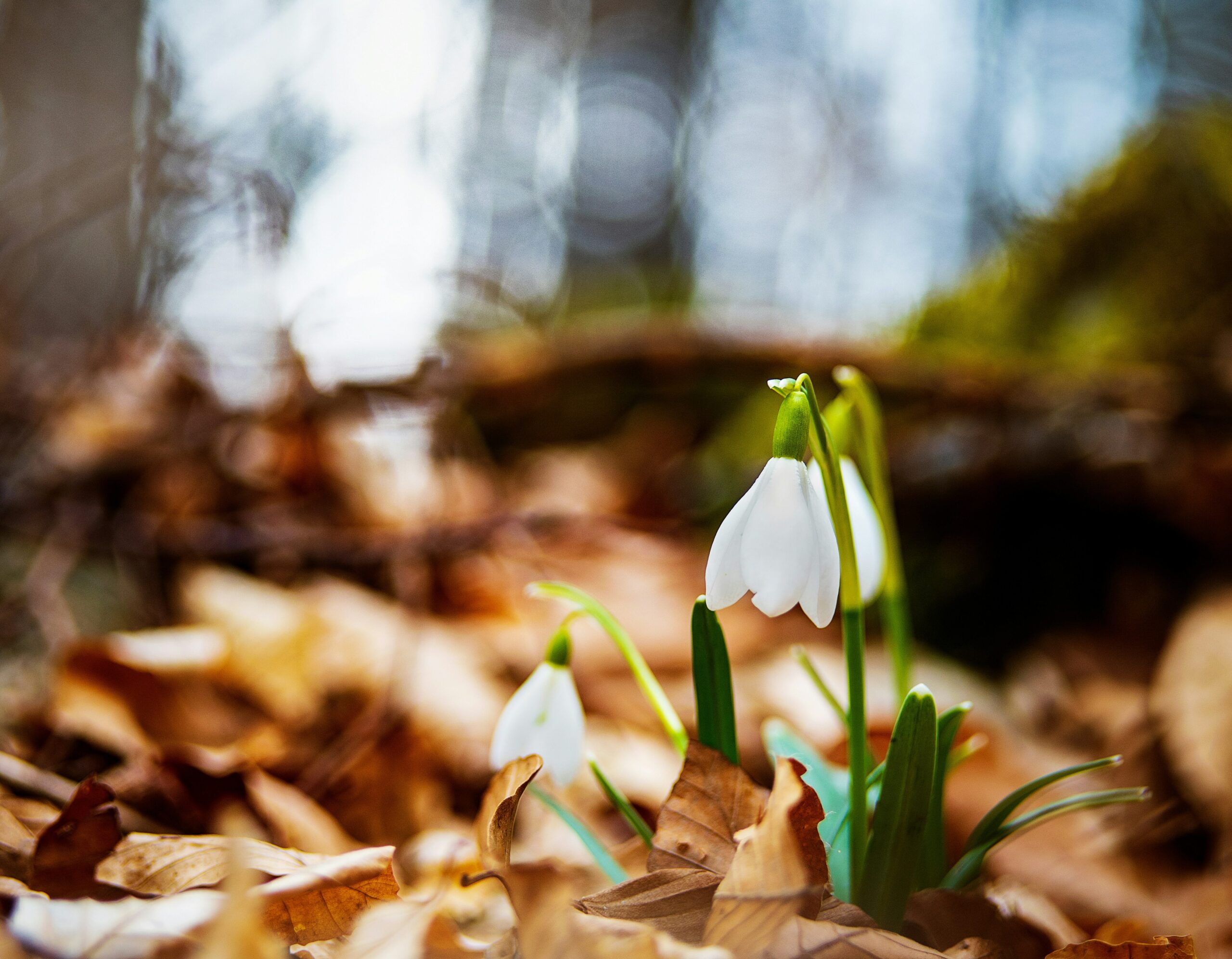
The uncultivated and unexpected appearance of wild flowers on the land, which has nothing to do with our hard work, planning and attention, reminds us that God’s capacity for producing variety and beauty is endless.
A future and a hope
Wild flowers bring us hope that God is still looking after our planet, despite all that we have done to damage and unbalance its delicate ecosystems. They give us a glimpse of heaven on earth and assure us that God’s promise of ‘a future and a hope’ for our world has not changed. No wonder then that part of our response to the climate emergency is to rewild the land wherever possible and encourage the growth of wild flowers. Whether that is the patch of soil on the pavement outside our home in the city or an acre of woodland, such as we have near our church, or the margins of the farmers’ fields which are now being left uncultivated to allow the wild flowers to grow.
‘Consider how the wild flowers grow. They do not labour or spin. Yet I tell you, not even Solomon in all his splendour was dressed like one of these. If that is how God clothes the grass of the field, which is here today, and tomorrow is thrown into the fire, how much more will he clothe you—you of little faith!’
Luke 12:27–28
With these words, Jesus invites us to come close to God as we come close to God’s world. A walk in the countryside, however short or near to home, can be an opportunity to renew our hope and faith in God. The wild flowers we see can teach us eternal truths.
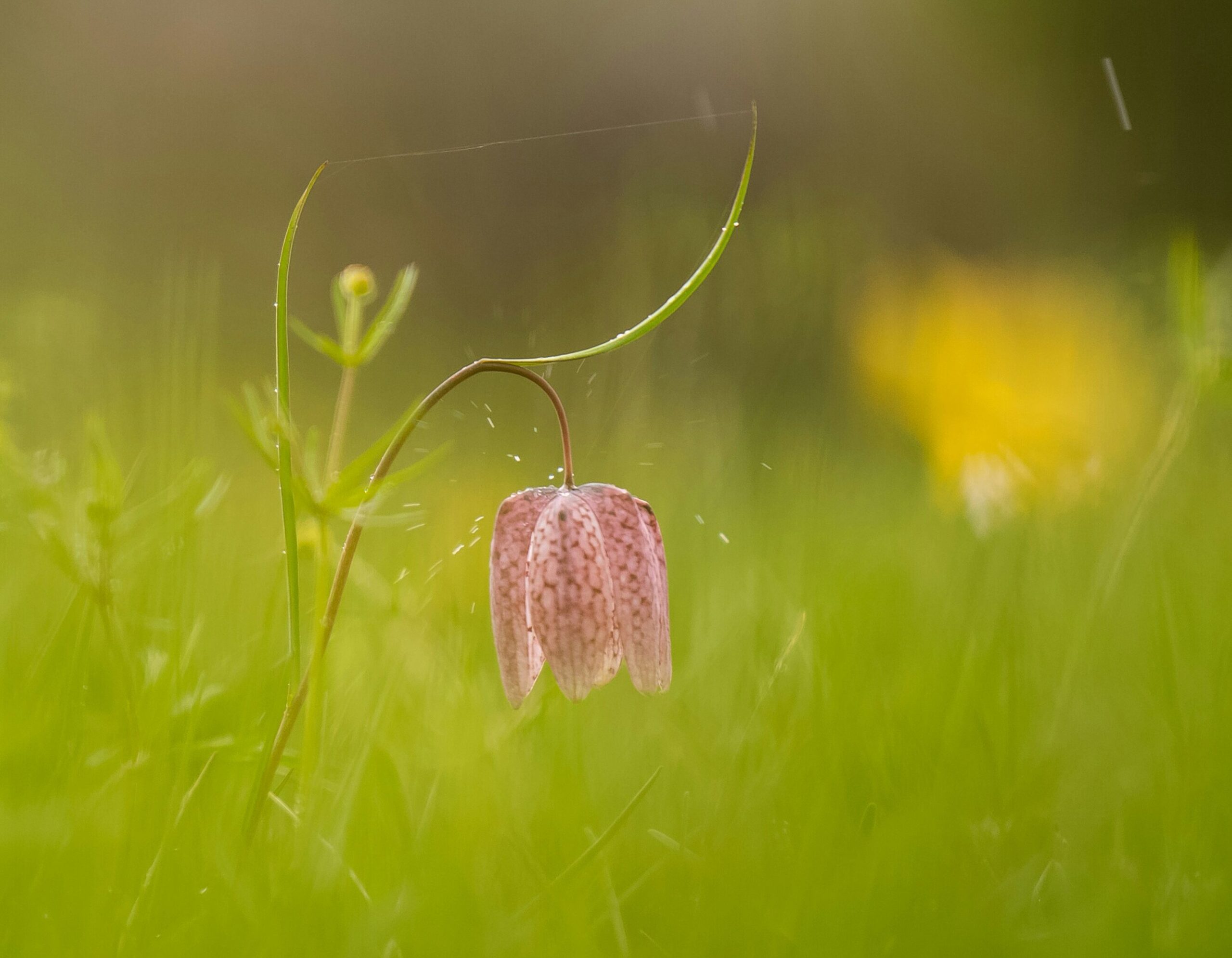
Wild flowers give us a glimpse of heaven on earth and assure us of God’s promise of ‘a future and a hope’.
Eternal truths
The prophet Isaiah referenced them to highlight the transience of life, in contrast to the permanence of God’s word, which ‘endures forever’ (Isaiah 40:8). And this is echoed by the psalmist who goes on to underline that God’s love for us, unlike the wild flowers, is everlasting:
‘The life of mortals is like grass, they flourish like a flower of the field; the wind blows over it and it is gone, and its place remembers it no more. But from everlasting to everlasting the Lord’s love is with those who fear him, and his righteousness with their children’s children – with those who keep his covenant and remember to obey his precepts.’
Psalm 103:15–18
Elsewhere In Isaiah’s prophecy, the appearance of wild flowers blooming unexpectedly in the desert is offered as a sign of hope for God’s people.
‘The desert and the parched land will be glad; the wilderness will rejoice and blossom. Like the crocus, it will burst into bloom; it will rejoice greatly and shout for joy.’
Isaiah 35:1–2
It’s uncertain exactly what variety of flower Isaiah is referring to here, but it makes me think of the delicate poppies that grow out of disturbed, derelict land and in unusual places. Seeing poppies is for many of us a similar sign of hope, particularly for those in mourning or going through difficult times.
And finally in the New Testament, it is James who offers us another, albeit sobering, insight into the message of wild flowers.
‘But the rich should take pride in their humiliation – since they will pass away like a wild flower.’
James 1:10
Those wild flowers which I photographed and named over the summer are now gone, their beauty fleeting. That humbles us and help us put our life into perspective, reminding us to not rely on things such as wealth, beauty and reputation, which don’t last. Instead, it is the discovery that we are known and loved by God and that through Christ we can belong to him forever, that really matters.
No wonder then that our Lord, in the middle of his sermon on the mount, turns everyone’s attention to the wild flowers of the field. They speak to us of God’s eternal love, of God’s promise of hope, and of those things in this life that will last.
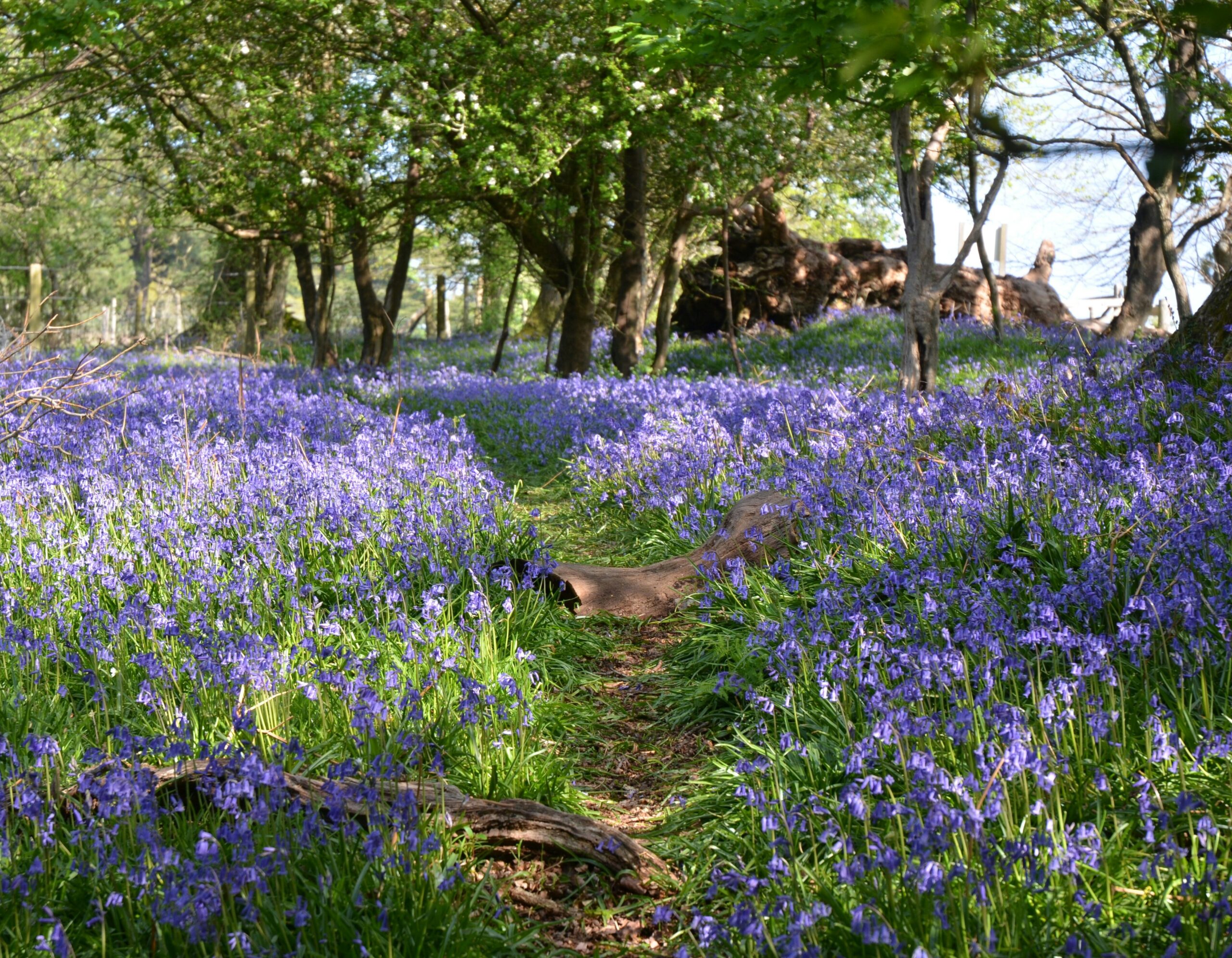
Heaven is going to be filled with wild flowers!
God speaks from the margins
I was clearly not alone in considering the flowers of the field this summer. As I wrote this article, I came across a series of social media posts from Frank Gardner, the BBC’s security correspondent, who was on holiday in Europe. His posts contain photos of the wild flowers he encountered on his travels, once again with wonderfully exotic names: great fen ragwort, mountain garlic, field bindweed and hemp agrimony!
Isn’t it good to know that God can speak to us like this from the hedgerows, the verges and the marginal spaces of our world, and even more wonderful to know that, even though those wild flowers do quickly pass away, one day they will not disappear, for as Paul writes in Romans:
‘Creation itself will be liberated from its bondage to decay and brought into the freedom and glory of the children of God.’
Romans 8:21
Heaven is going to be filled with wild flowers!
Scripture quotations are taken from The Holy Bible, New International Version® Anglicised, NIV® Copyright © 1979, 1984, 2011 by Biblica, Inc.® Used by permission. All rights reserved worldwide


